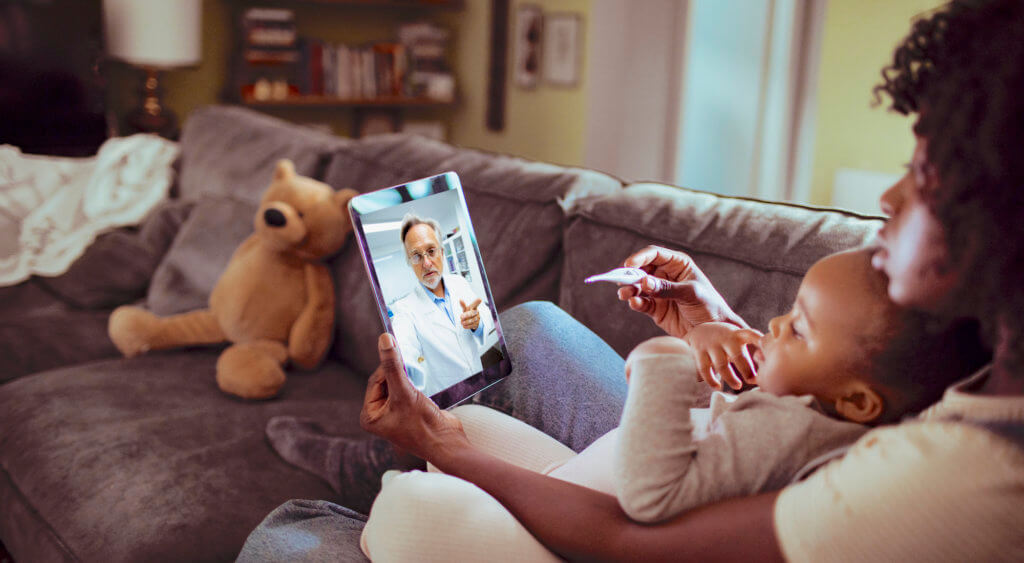The pandemic has changed healthcare in the United States, making telemedicine and other online services increasingly commonplace. Although many last year sought out telehealth offerings to avoid exposure to the coronavirus, the convenience of online services may make telehealth a regular feature of people's healthcare. That's particularly important for disadvantaged populations, who often have greater barriers to accessing care. An important question to consider is, how can telemedicine companies make sure these populations have equitable access to online care - and ensure that they feel comfortable using it?
Recent research suggests there is a greater distrust of healthcare by Black Americans as a result of systemic racism, inaccurate information around issues of public health, and a history of exploitation in the medical field. One of the most notorious examples of exploitation is the Tuskegee study, a long-term medical experiment in which hundreds of Black men with syphilis in Alabama were studied and eventually denied penicillin treatment, despite the fact that penicillin had become the recommended treatment. Today, only six in 10 Black adults said they trust doctors to do what is right most of the time, according to a recent survey by the Kaiser Family Foundation. This is compared with eight in 10 white people, the study found.
The good news is, despite pervasive distrust of medicine, at least one study shows that Black patients have been more likely to use telehealth services as a result of the pandemic. Economically disadvantaged households, who often belong to minority communities, can find telemedicine particularly useful: It reduces or eliminates transportation burdens and wait times, reduces the time needed to take time off work, and creates more access to more providers. These benefits are also important for other vulnerable communities, such as people with disabilities and older populations.
If disadvantaged populations have the most to gain from telemedicine, it's important to address the barriers that may keep them from accessing it. Below are key principles for governments, nonprofits, and telemedicine companies to improve access to online care:
- Technology literacy: Create education and resources for those who need help accessing telemedicine services. Have people available to assist patients as needed with patience and understanding.
- Broadband access: Research local free or low-cost internet services for patients in your community. If there are none, advocate for more government assistance for disadvantaged populations.
- Multi-language offerings: Ensure those who speak another language have access to interpreters or programs to assist with translation.
- Patient participation: Foster an open and inviting environment that solicits feedback, allowing patients to make suggestions or advise on ways the practice can cater to everyone.
- Implicit bias training: Recognize that removing barriers does not erase systemic biases such as racism. This must be done by building trust and continuing to educate in ways that provide equality in medicine, for both patients and medical providers.
For more information about creating a more equitable telemedicine practice, please see the Health Resources & Services Administration. Additional resources can be also found in the May 2020 paper published in NEJM Catalyst, "Addressing Equity in Telemedicine for Chronic Disease Management During the Covid-19 Pandemic."
As healthcare continues to make telemedicine a more integral part of people's care, there will continue to be patients that need assistance accessing services, and a continued need to build trust and inclusivity for disadvantaged populations. LegitScript Healthcare Merchant Certification can help telemedicine providers demonstrate trust and prove transparency, and is an important step toward helping create a more equitable online healthcare space.




